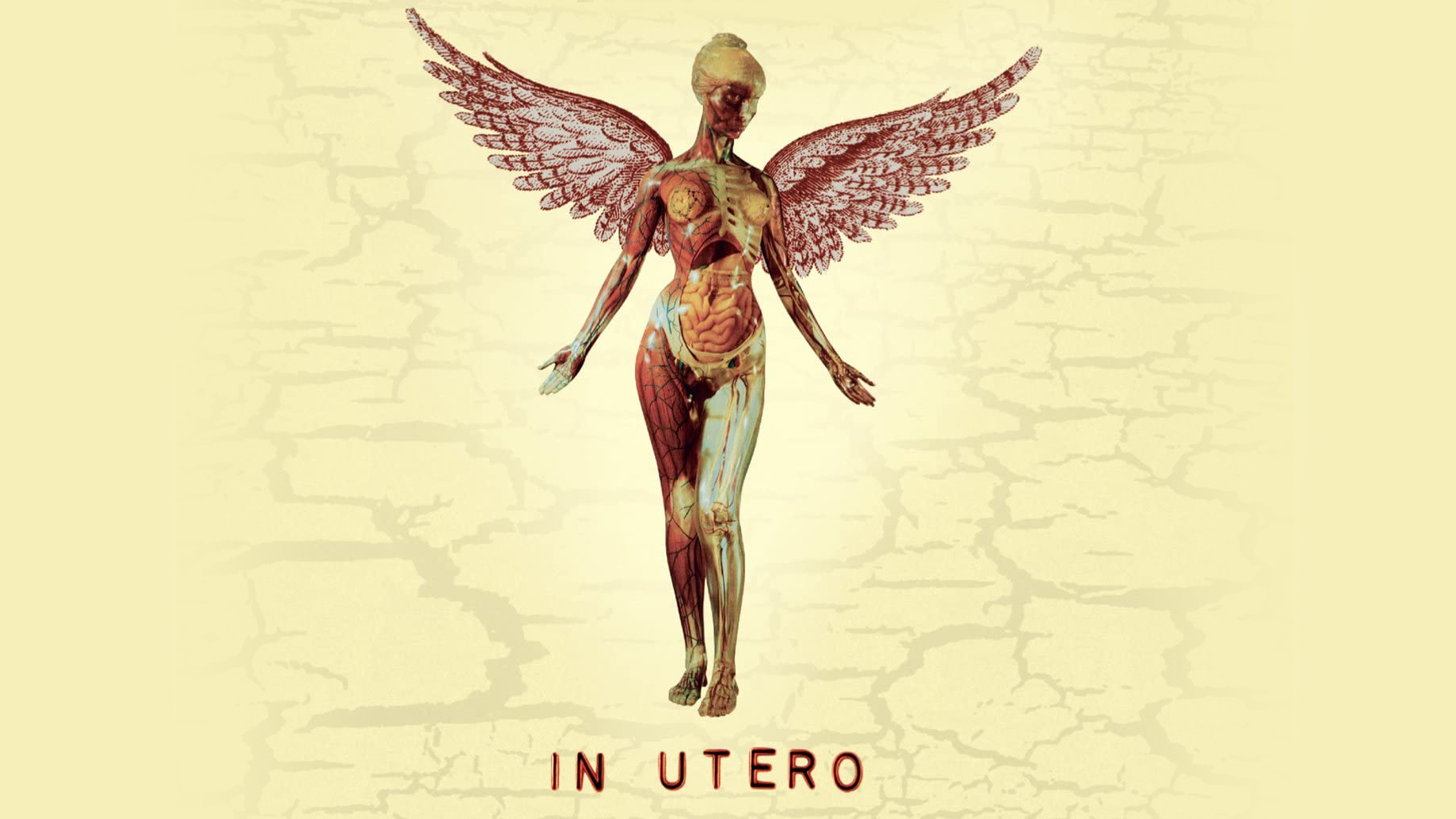Nirvana session cellist Kera Schaley talks about playing on In Utero: "The funny thing about All Apologies is Steve kept trying to talk Kurt out of putting cello on it"

Want all the hottest music and gear news, reviews, deals, features and more, direct to your inbox? Sign up here.
You are now subscribed
Your newsletter sign-up was successful
Much has been said about Nirvana's In Utero sessions with Steve Albini at Pachyderm residential studios in Minnesota, but one musician has never spoken about it. Until now: 30 years on, Kera Schaley has revealed details about her vital cello contributions to the album's songs All Apologies and Dumb. But she wouldn't have appeared on one of them at all if then-boyfriend Albini had his way.
"The funny thing about All Apologies is Steve kept trying to talk [Kurt Cobain] out of putting cello on it," Schaley revealed in an interview with Rolling Stone. "Isn’t that funny? He was going on and on that he shouldn’t put cello on it. And I think I was being snarky, and I was like, “That’s the joy of multi-track recording, I can record it and you can take it out.”
Kurt and I won in the end
Luckily the songwriter had the final say.
"But Kurt and I won in the end, and so I got to play that and that one was really just off the cuff" added Schaley. I" think I only heard it once and then I had some ideas and I started doing stuff. And I think they just kept the jam part, where I was just playing along. And then later on, he loved the deep sound, like the really deep, groaning sound of the low notes. He was like, “Just lay on that for a long time.” And so I just laid on that low note for him. And I got some noise parts in there. I like making noise on the cello, too. And if you listen for some high screeching sounds at the end, that’s me."
It's hard to imagine the In Utero song without those contributions now, but it plays an equally evocative role on Dumb, a song Schaley remembers complimenting Cobain on in the studio.
I remember I heard Dumb and then when Kurt came in, I looked at him and I said, 'This is a really beautiful song.' And I think he might’ve thought that was funny, but, but he was like, 'Thank you.'
"I was only there for two days," the musician explained earlier in the chat. "And it was just me and Kurt and Steve in the studio. And then me and Steve went first so I could listen to the song because I hadn’t heard the songs yet. And so I listened to the songs and I used to come up with parts pretty quickly for songs. And so I showed him what I came up with for the song Dumb, and he was like, 'Yeah, that’s good. Can you also mirror what I’m playing for this guitar line?'
Want all the hottest music and gear news, reviews, deals, features and more, direct to your inbox? Sign up here.
"I can’t remember if I tuned my cello down a half a step or not, but Kurt jokingly said, “Yeah, all rock songs are in E, we just tune it down a half a step so they sound a little different.” [Laughs.] I’m used to people having very little money and needing to record really fast, I still had that mentality. So it took me like three takes and then I got it. And I’m like, “I’m so sorry.” And he was laughing."
The sessions went so well, Schaley was also asked to contribute to a Dave Grohl composition, Marigold, that would end up being be used as the b-side to the Heart-Shaped Box single. The drummer had previously tracked it at Upland Studios in Aprlington, Virginia in 1991 for his 1992 album Late!, under the pseudonym Pocketwatch. But Schaley was asked to track the Nirvana version.
But despite the experience, she wasn't asked to join the band on the road between 1993 and '94 when they toured the album and played their legendary MTV Unplugged set – the cellist job went to Lori Goldston.
"I think what happened is because of my association with Steve," Shaley explained. "They had a weird thing going on with him after the recording [the band were upset after Albini made comments to the press that Nirvana's label had been trying to meddle in the making of the album]. And so I’m sure they were just like, we don’t want anything to do with her! [Laughs.] Which is sad. Cause I’m actually a really good live performer. I have a lot of fun playing live and I move around a lot, and I would have had fun with them. But it’s okay. I wasn’t that upset."
Read the full interview at Rolling Stone

Rob is the Reviews Editor for GuitarWorld.com and MusicRadar guitars, so spends most of his waking hours (and beyond) thinking about and trying the latest gear while making sure our reviews team is giving you thorough and honest tests of it. He's worked for guitar mags and sites as a writer and editor for nearly 20 years but still winces at the thought of restringing anything with a Floyd Rose.